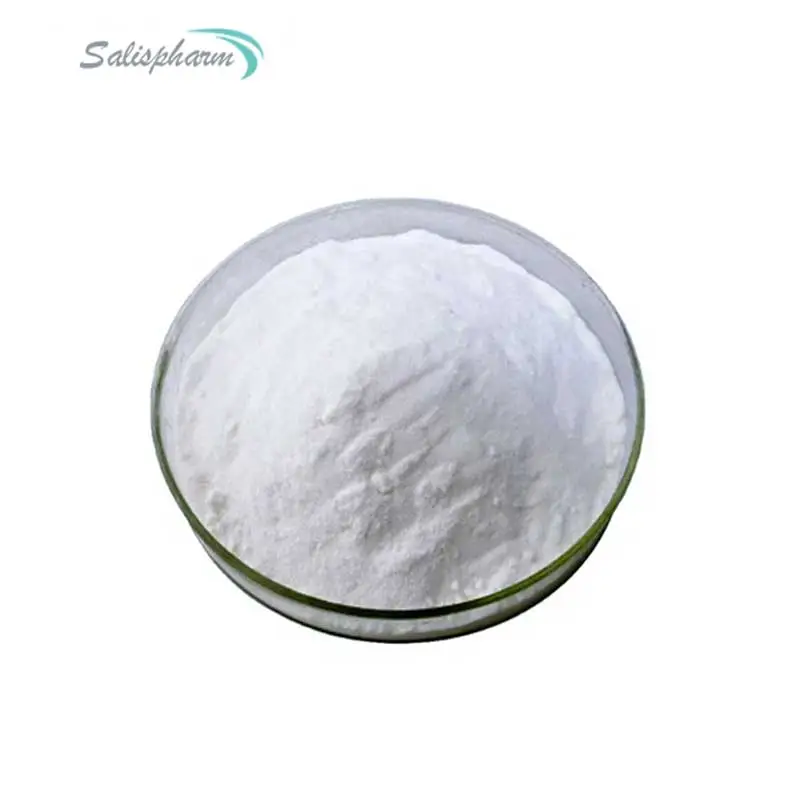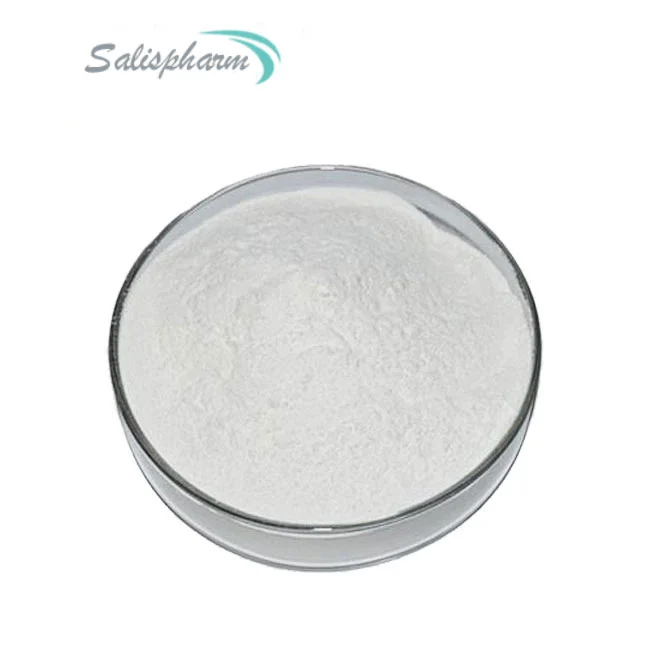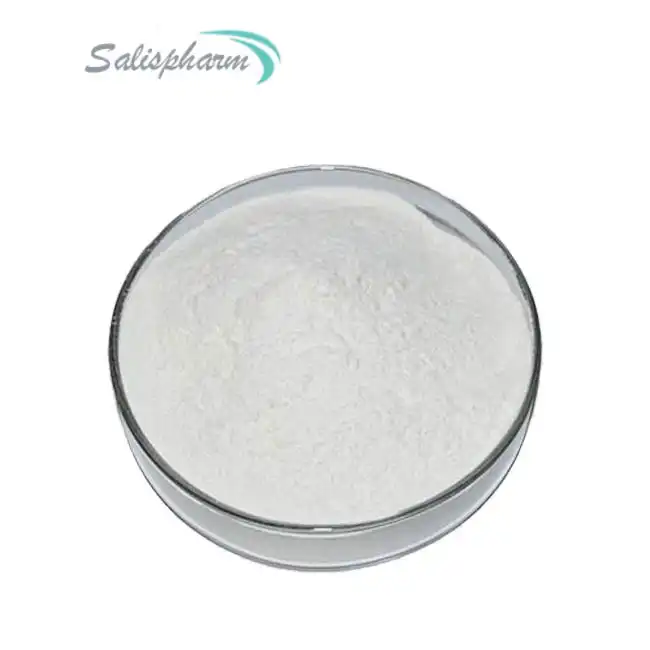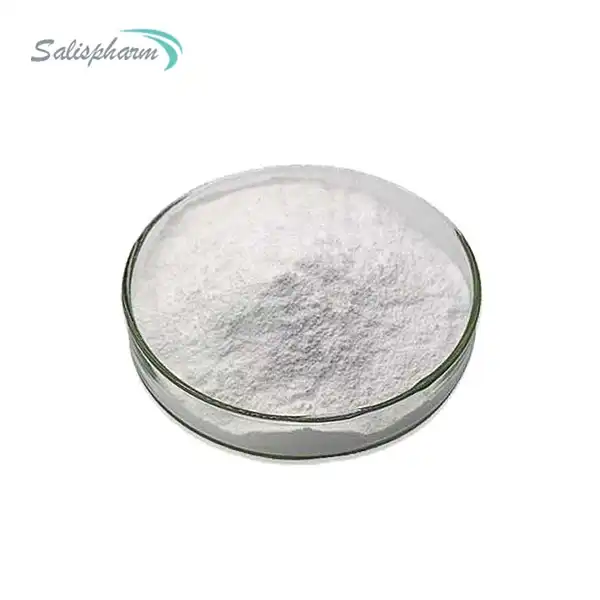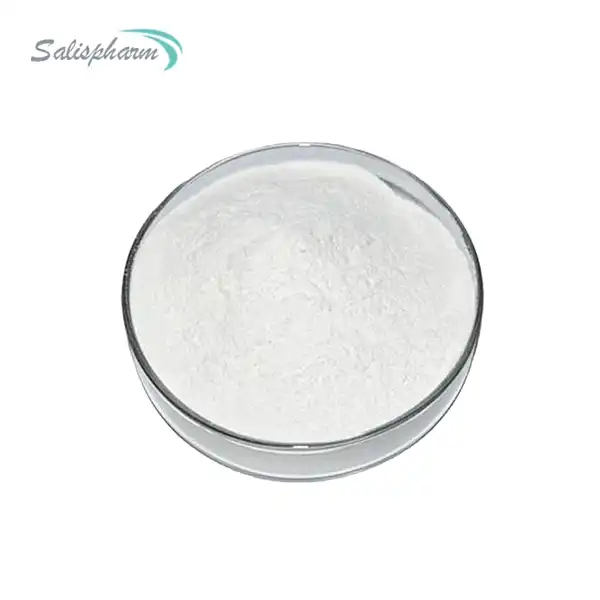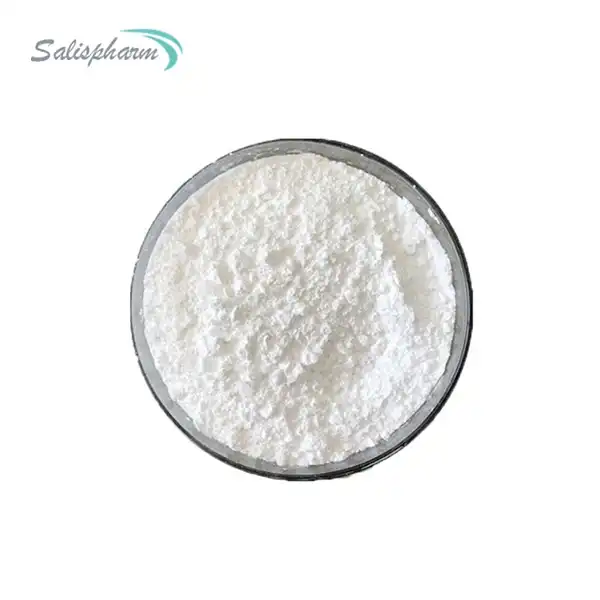Introduction
Vincamine is a natural alkaloid derived from the periwinkle plant (Vinca minor), known for its application in the pharmaceutical industry as a cerebral stimulant and vasodilator. This compound is primarily used to improve blood flow to the brain and enhance oxygen utilization, which can help in treating conditions like dementia, particularly those related to vascular insufficiencies. Vincamine has been studied for its potential to enhance memory and cognitive function, making it a topic of interest in neuropharmacology.
How Does Vincamine Enhance Brain Function?
Vincamine acts as a cerebral vasodilator, which means it helps expand blood vessels in the brain, improving blood flow and oxygen supply to brain cells. This action is crucial because it aids in enhancing brain metabolism and optimizing the use of oxygen and glucose by the brain.
Mechanism of Action Vincamine operates by inhibiting phosphodiesterase enzymes in the brain, leading to an increase in cyclic adenosine monophosphate (cAMP). This increase in cAMP enhances the metabolic processes and energy consumption of brain cells, which is vital for maintaining cognitive functions such as memory and learning.
Effects on Neurotransmitters Research suggests that vincamine may also influence neurotransmitter levels, such as serotonin and dopamine, which play significant roles in mood regulation and cognitive processes. By modulating these neurotransmitters, vincamine could potentially alleviate symptoms of depression and enhance cognitive clarity.
Clinical Studies and Evidence Several studies have demonstrated the benefits of vincamine in improving cognitive impairment associated with conditions like Alzheimer's disease and other forms of dementia. These studies highlight improvements in memory, attention, and overall mental performance among participants who were administered vincamine.
What Are the Potential Side Effects of Vincamine?
Like any pharmacological agent, vincamine can cause side effects, though they are generally mild and not common. The understanding of these side effects is crucial for patients and healthcare providers to manage them effectively.
Common Side Effects The most frequently reported side effects include nausea, dizziness, and gastrointestinal disturbances. These symptoms often resolve without intervention as the body adjusts to the medication.
Rare but Serious Side Effects In rare cases, vincamine can cause more serious side effects such as hypotension (low blood pressure), bradycardia (slow heart rate), or arrhythmias (irregular heartbeat). These conditions require immediate medical attention and may make vincamine unsuitable for patients with preexisting heart conditions.
Interaction with Other Medications Vincamine may interact with other drugs, particularly those that also affect blood pressure and heart rate, such as beta-blockers or antihypertensive medications. Patients should always inform their healthcare provider about all medications they are taking to avoid potential adverse interactions.
How Should Vincamine be Administered for Optimal Results?
The administration of vincamine should be carefully managed to achieve the best therapeutic outcomes with minimal risk of side effects.
Recommended Dosage The typical dosage of vincamine varies depending on the form and concentration of the product, but it is usually in the range of 10 to 30 mg taken three times daily. Dosing may be adjusted based on the patient’s response and clinical condition.
Duration of Treatment Vincamine is often prescribed for short to medium-term use, ranging from a few weeks to several months. Long-term efficacy and safety are not extensively documented, so continuous use should be monitored by a healthcare professional.
Considerations for Use Patients are advised to follow their healthcare provider’s instructions when using vincamine. It is also important to monitor for any signs of adverse effects or interactions with other medications. Regular follow-ups with the healthcare provider ensure that the use of vincamine remains safe and effective.
Conclusion
Vincamine is a valuable pharmacological tool in the management of conditions involving cerebral insufficiencies and cognitive decline. While it offers significant benefits in enhancing brain function and blood flow, it must be used with caution, considering the potential side effects and interactions. Continuous research and clinical trials will help further define the optimal use and safety profile of vincamine in various neurological conditions.
References
Vincamine and Cognitive Function
Vincamine - A Review of its Pharmacological Properties
Effects of Vincamine in Cognitive Decline
Safety Profile of Vincamine
Clinical Trials Involving Vincamine

